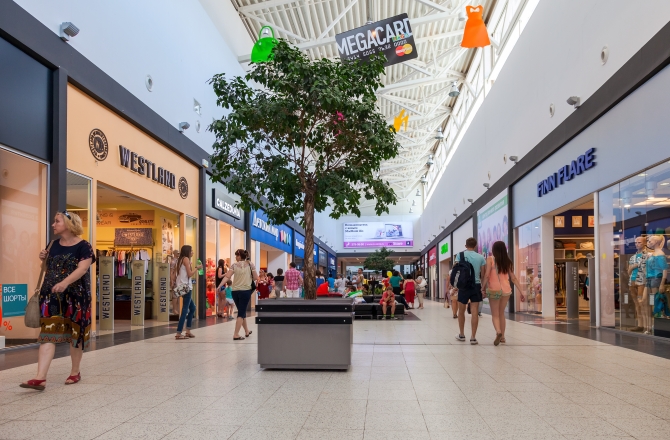The IKEA Group has become one of the great retail success stories, with the Swedish furniture and homeware company gradually expanding its net to operate other businesses including hotels and shopping centres. Yet executives have revealed that the latter will be particularly pertinent in 2015, with the shopping centre division expected to grow rapidly this year.

IKEA has already confirmed that staff wages will rise by 10 per cent early this year, potentially due to the acquisition of the remaining 51 per cent of the Inter IKEA Centre Group at the end of 2014 which saw the main group gain full ownership of the international shopping centre division. This move has allowed IKEA to take more control over its existing commercial property portfolio along with lifting future revenues and reinvesting profit back into the division.
Group chief executive officer Erik Øster Pedersen believes that IKEA’s overall control of the worldwide shopping centre portfolio will streamline the experience of visiting a retail destination for consumers.
He says; “Forming one company will enable us to further strengthen the relationship with our visitors globally and work more efficiently.”
IKEA has been a player in the shopping centre area of the retail industry since 2001, when it launched its first retail complex in Europe. However, it is yet to open any shopping centres in its top performing markets – Germany, the USA, France and Sweden – meaning that a potential announcement regarding a launch in any of these four countries could be met with excitement worldwide.
The group operates its shopping centres under a number of different names, with the largest subsidiary at present being MEGA (pictured). At present, MEGA is proving immensely popular in Russia, where it operates in 14 different major cities and welcomes 35 million visitors to its Moscow development each year.
Along with MEGA, IKEA operates a number of shopping centres in Europe and also in China, where it trades under the name Livat.
In a statement released before the confirmation of the acquisition, IKEA said that it “will own 31 shopping centres in Europe and China in addition to the existing 14 shopping centres in Russia.
“IKEA Centres will be a fully owned subsidiary of the IKEA Group, with 45 shopping centres in 11 countries.”
Although executives remain tight lipped about the future, economists are predicting that IKEA will soon look to introduce its shopping centres to its largest markets. After all, with an IKEA store as the anchor for each development providing a huge draw for consumers, there is very little chance that such a venture would prove unsuccessful in the long term.